2025 was defined by major blows to the ability and strength of science. The Trump administration lau...

The latest science and research news, tips, and deep-dives

2025 was defined by major blows to the ability and strength of science. The Trump administration lau...
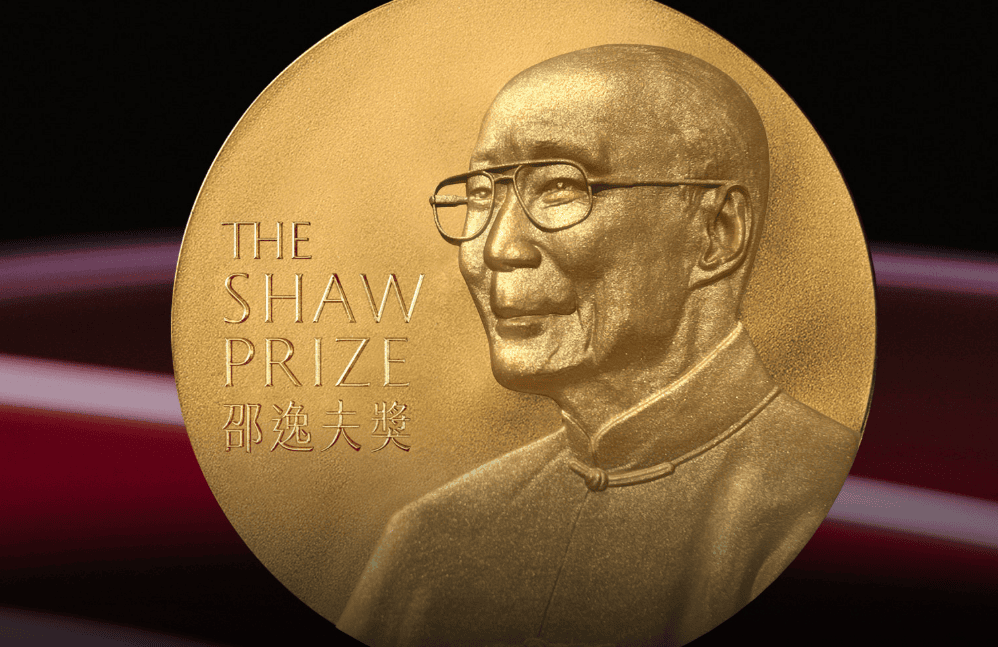
Last year, the winners of one of science’s biggest awards, the prestigious Shaw Prize, shared one ma...
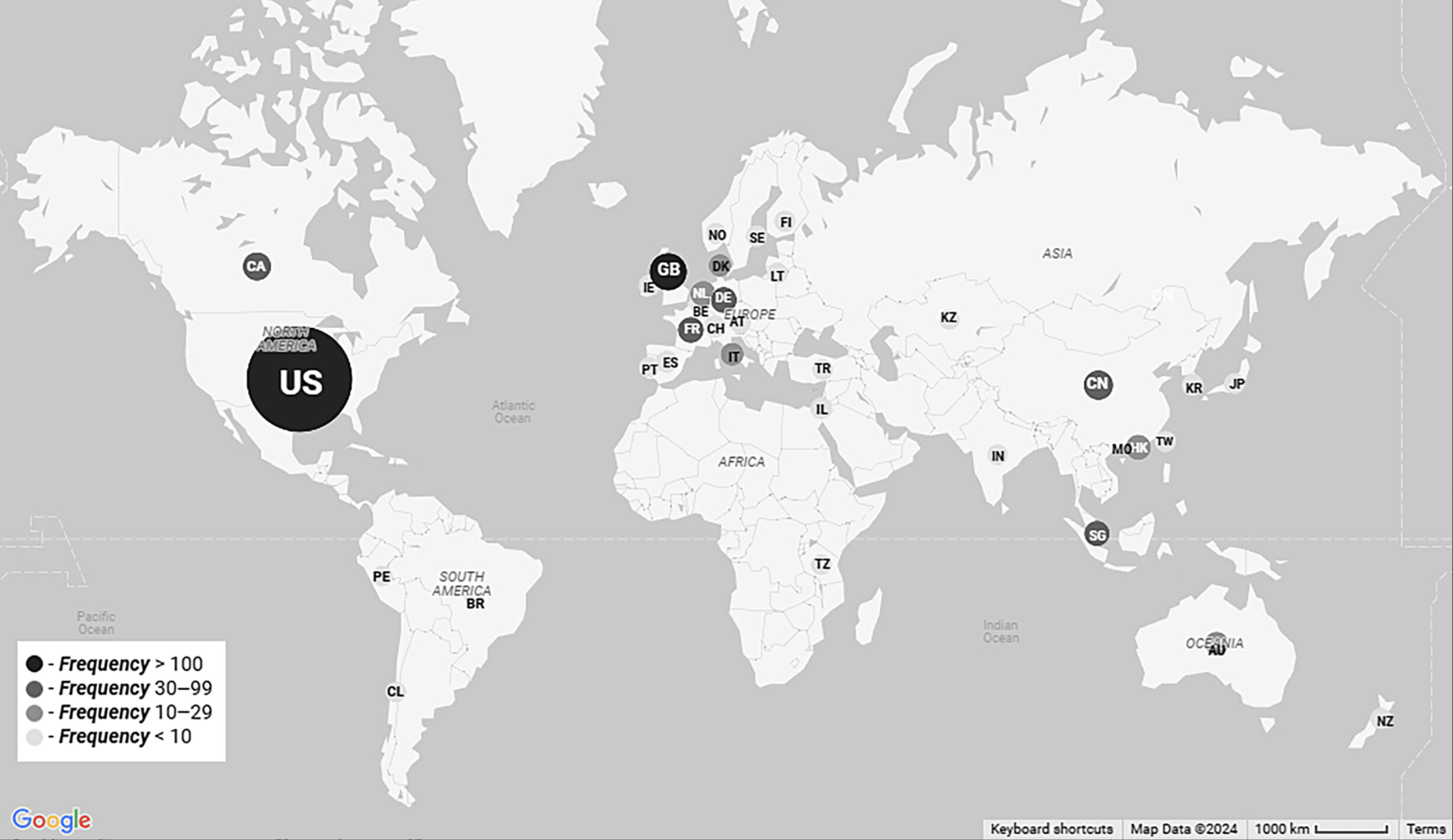
Read the full guide here.
During the COVID-19 pandemic, social media was an exceptionally powerful tool for scientists.

Since the inauguration of President Donald Trump on January 21, 2025, the headlines have looked some...
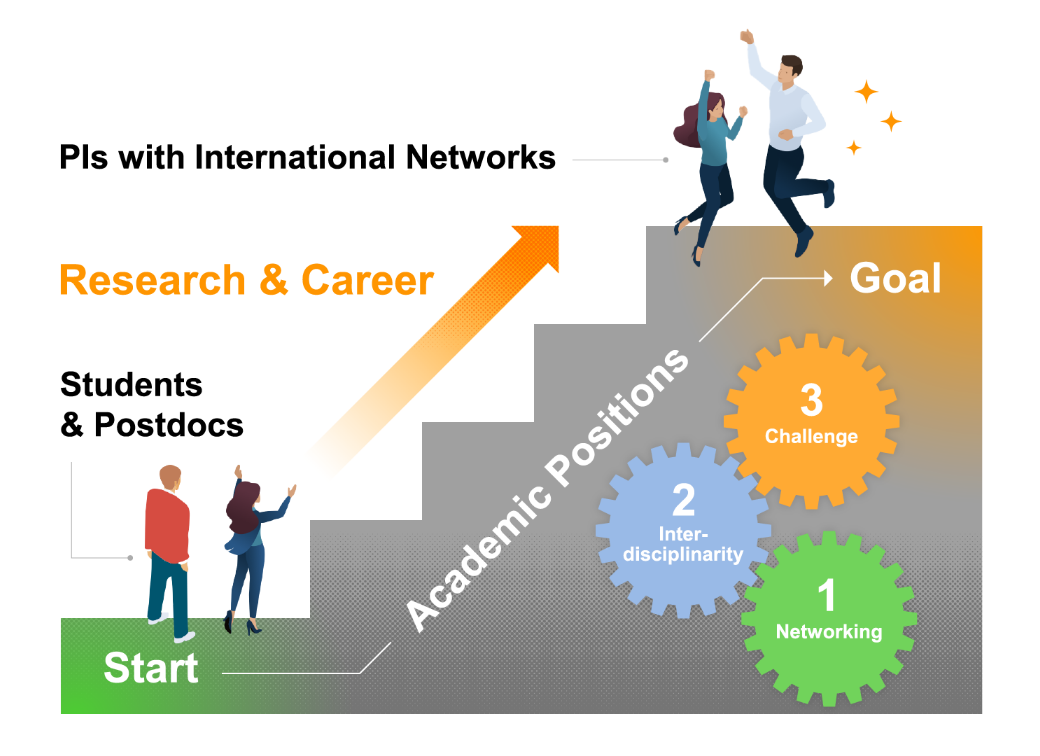
Frozen grants. Labs on pause. Cancelled research projects.
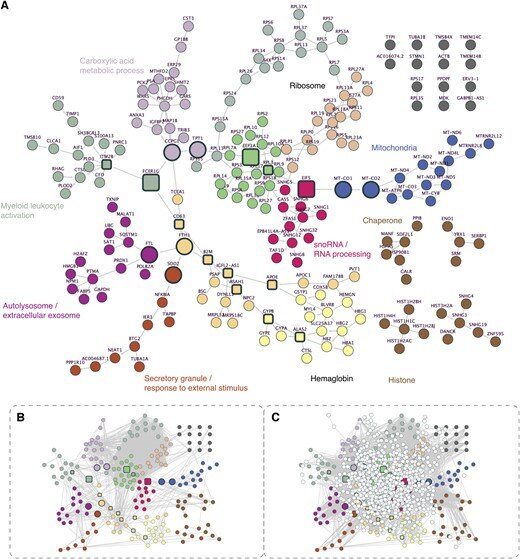
Genetics just might be the single-fastest advancing field in the life sciences.
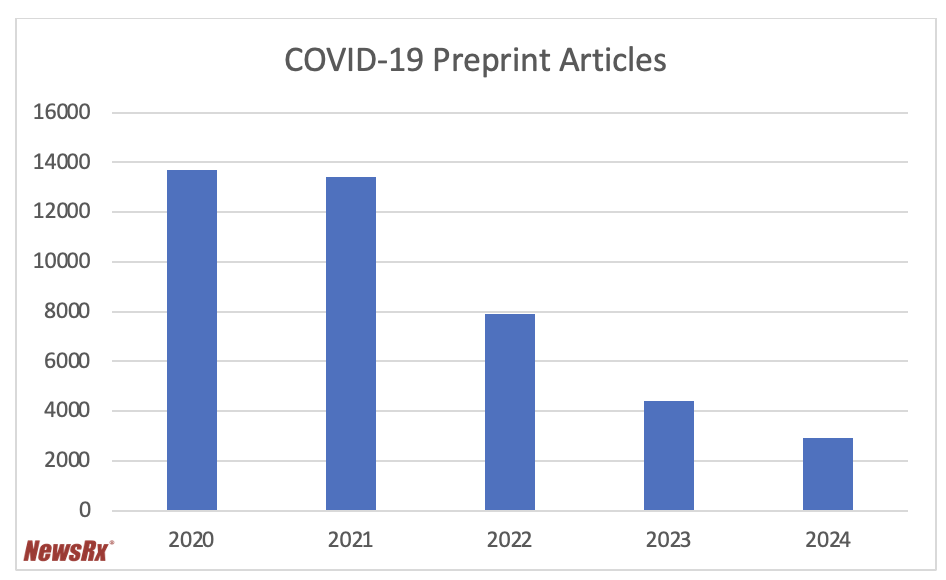
2024 was a year of incredible discovery. A new injectable miracle drug protects against HIV for six ...
This is the first article in a new series of groundbreaking trends in research. Stay tuned for updat...

Scientists are severely overburdened—too many responsibilities, too many opportunities, and too much...
NewsRx’s online platform providing access to our complete research coverage. Set custom alerts to track any topic, create your own custom newsletters, dive deep into NewsRx’s 30-year database of research coverage.